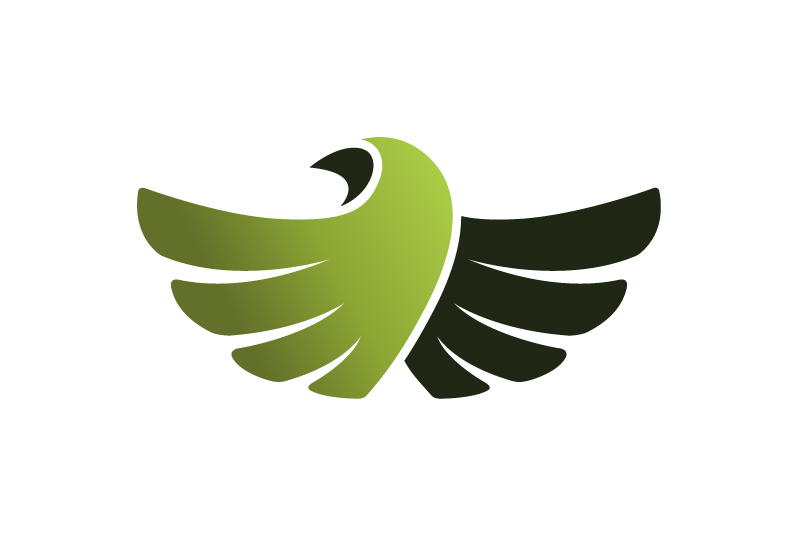Stress and the Menopause
Menopause is a time to pause and reframe. What do you want to be for the next phase of your life and how can you achieve that? One way might be to make time for yourself and for relaxation. You deserve it!
Modern living can be very stressful, especially for women of menopausal age who may be juggling household chores, career, children and ageing parents. Chronically elevated cortisol levels significantly increase the likelihood of severe menopausal symptoms, so it is important to recharge yourself - you cannot serve from an empty vessel.
Regular reflexology treatments can help with stress management. Whilst there is more to reflexology than relaxation, it does play an important role in the therapy because reducing stress can have many benefits to health and wellbeing.
The Impact of Stress
Stress leads to the production of the stress hormones adrenaline and cortisol over the sex hormones oestrogen and progesterone, which throws the balance and aggravates menopausal symptoms.
For example, fluctuating levels of progesterone and oestrogen can affect brain health resulting in anxiety, mood swings and rage. The incidence of depression has been found to double in perimenopause.
Stress also impairs bone strength because cortisol competes with progesterone for the receptors on the osteoblasts (the cells that form new bones and grow and heal existing bones) - progesterone promotes bone growth, cortisol inhibits it.
Countering Stress
A daily relaxation practice is the best way to manage stress levels. I find the analogy of a stress bucket helpful to understand why that is so important. Imagine an empty bucket that gradually fills up with stress over the course of each day. You need to keep emptying the bucket to prevent it from overflowing with stress.
Yoga can be a good way of emptying the stress bucket, as can meditation. You don’t need to do the same relaxation practice every day, the important thing is to do at least one practice daily.
And of course doing more of what brings you joy is a great way to counter stress! What have you stopped doing that you used to enjoy? What makes you laugh or feel happy? How can you bring more of those things back into your life?
Minimising Stress
We can’t eliminate stress from our lives and that shouldn’t be the aim anyway because some stress can be beneficial, for example the stress of a cold shower or exercise. What we can do is to minimise the unhealthy stressors that are within our control.
Managing blood sugar levels is a very important part of that because if our sugar level spikes after eating the subsequent drop leads to the release of cortisol. I can recommend listening to this interview with French biochemist Dr Jessie Inschauspe on the Feel Better Live More podcast ‘How to Control Your Blood Sugar’ or reading and using her book The Glucose Goddess Method.
In terms of physical activity, our needs change over our lifetime, so what was beneficial for you when you were younger may not be now. Excessive exercise can act as a stressor and exacerbate menopausal symptoms, so it is important to find a healthy balance for you at this stage in life. Dr Stacey Sims explains how to do that in this interview on the Zoe podcast: Stay Strong Through Menopause.
Sleep is crucial for emotional control and coping with stress, so optimising your sleep can help minimise menopausal symptoms. In my blog series on sleep I cover all aspects of sleep, but the most relevant here are my tips for good sleep hygiene and what to avoid in order to promote sleep.
How Can Reflexology Help?
Reflexology stimulates the parasympathetic nervous system, which counters the stress response. The soothing touch of a treatment alone is pleasurable and calming, especially the effleurage techniques. In addition, the application of pressure to specific points or areas is used with the aim of balancing hormones and calming the nervous system. For example reflexology for menopause will incorporate work on the areas corresponding to the hypothalamus, pituitary and adrenals for hormonal balance and the vagus nerve, cervical spine and sacrum for the parasympathetic nervous system.
You can find out more about reflexology for menopause in this interview with reflexologist and tutor Sally Earlam on the Well Well Well podcast: Reflexology Support for Menopause.
To conclude, reflexology treatments can be a part of a healthy menopause along with a daily relaxation practice and minimising stress through healthy nutrition, appropriate physical activity and good sleep hygiene.

